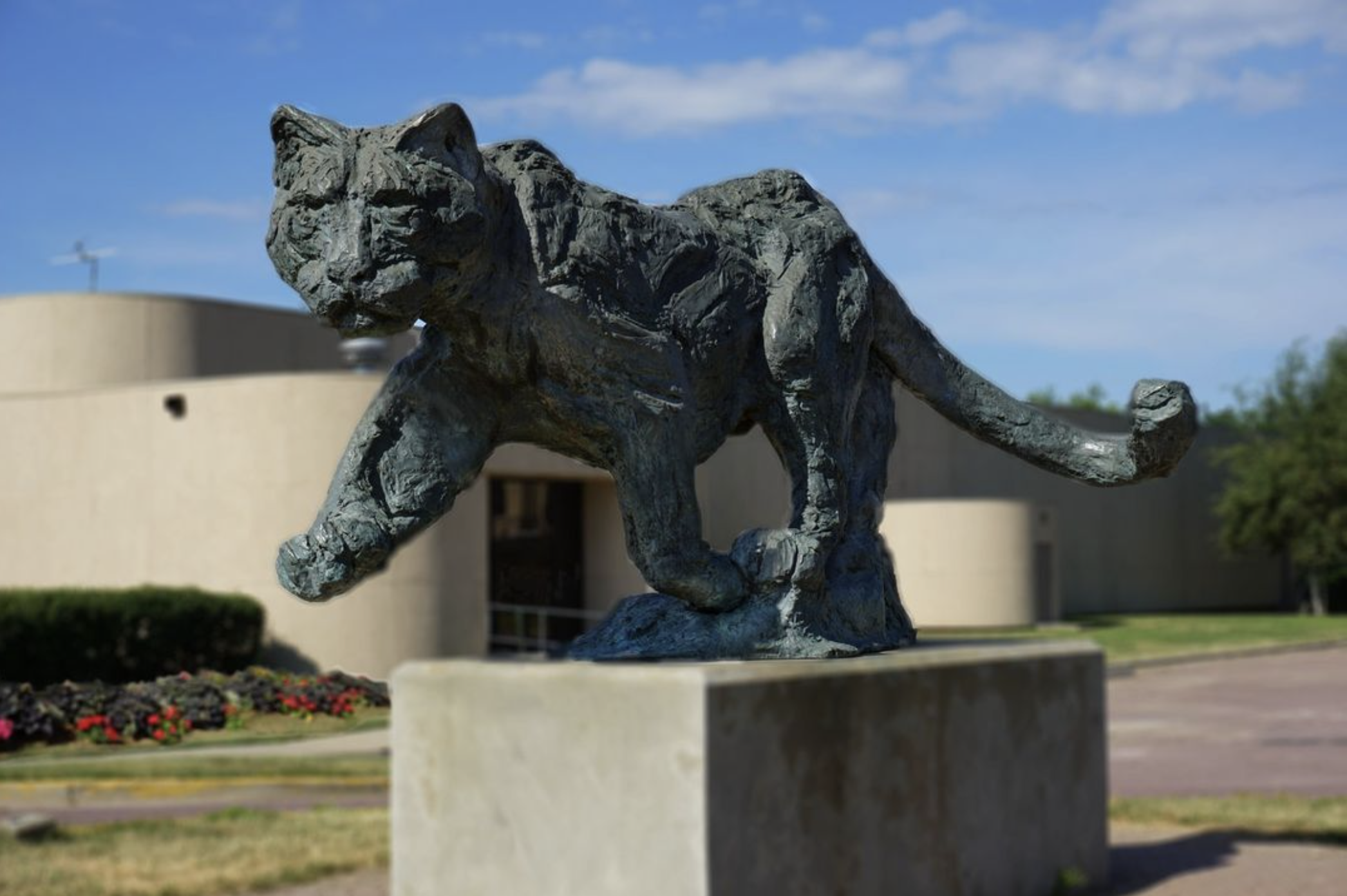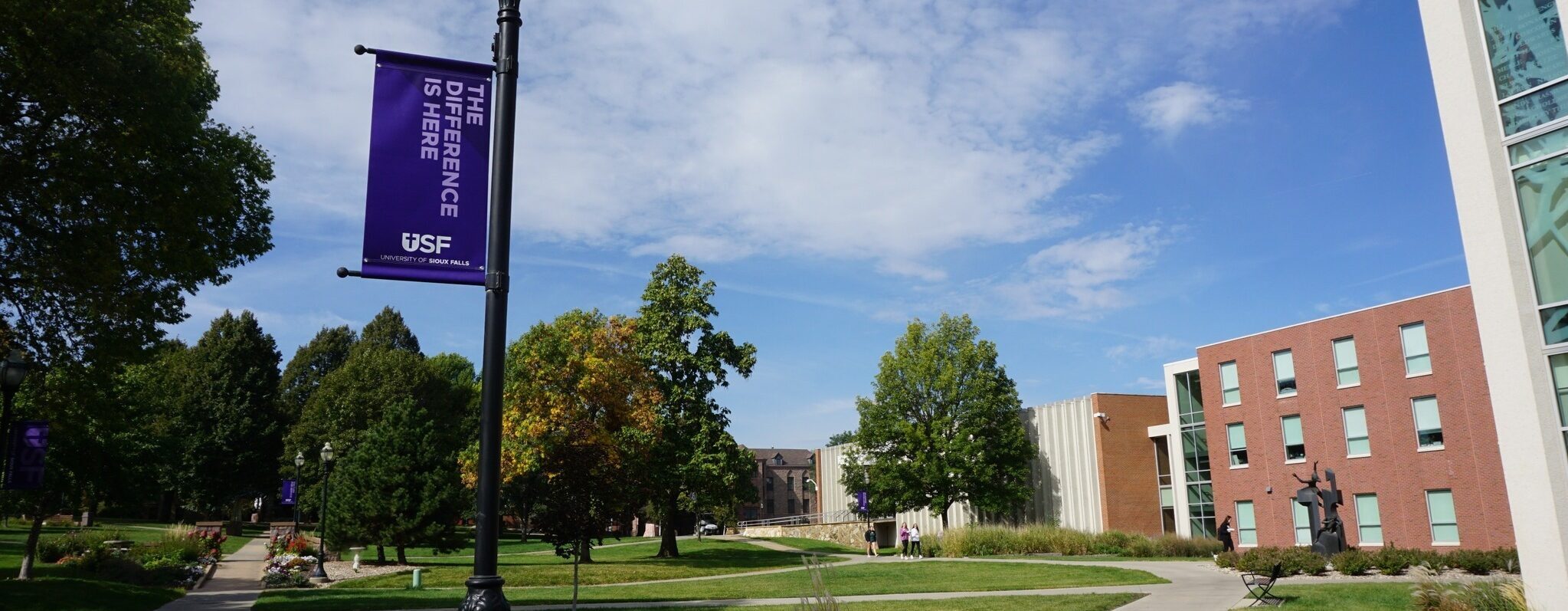Reality: This is one of the objectives of a USF education. Just ask our graduates. Six months after graduation, 99% of USF graduates secure employment or pursue graduate or professional studies. We also offer much more to our students. We teach students to integrate their faith and be lifelong, engaged learners. Our liberal arts focus nurtures their relationship with God. In his book Engaging God's World, Cornelius Plantinga (2002) writes, "One way to love God is to know and love God's work. Learning is therefore a spiritual calling: properly done, it attaches us to God" (p. xi). How do the Christian liberal arts achieve this? We ask important questions and seek out truth. As Cosgrove (2006) explains in Foundations of Christian Thought, “Faith without learning can never be tested for truth, and learning without faith assumptions tends to study the trivial” (p. 48).
The integration of faith and learning is at the heart of the present vocation for all USF students. Because it is a spiritual activity, this learning cannot be compartmentalized to students' college education. It is necessary in the life of faith and should continue even after they graduate. But don't worry. We prepare our students for this lifelong learning. That's why our students are transformed into critical and creative independent thinkers


